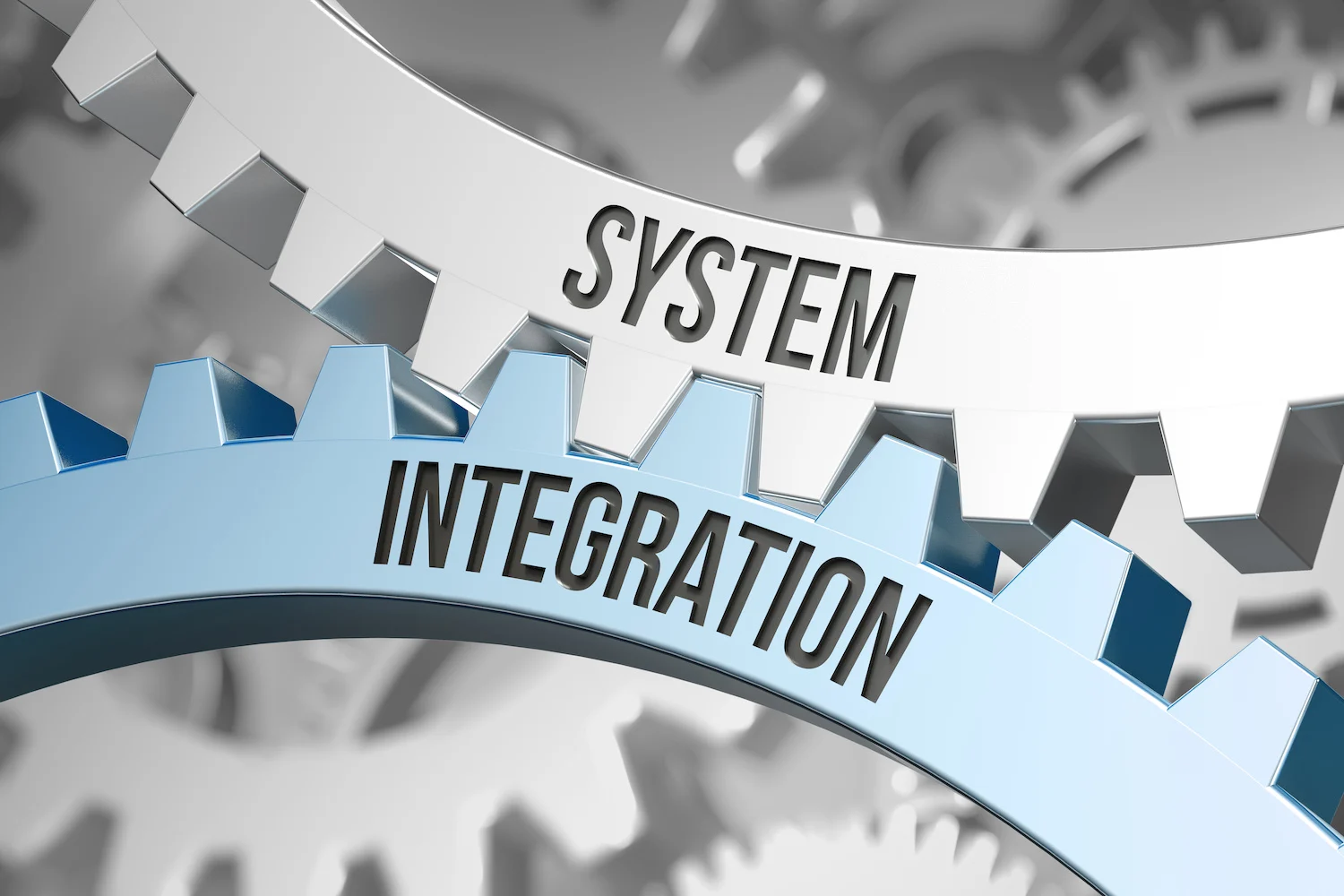
The UK mortgage industry has significantly changed during the last decade, which was largely driven by technological advancements. From paper-based processes to today’s systems, the way mortgage brokers work has transformed greatly.
The rise of sophisticated mortgage CRM systems (such as ClientTree) is a prime example.
The integration of mortgage sourcing platforms with CRM systems is a relatively new development that provides brokers with a way to run their businesses and support their clients.
This article delves into how these technologies collaborate to make mortgage brokers’ lives easier and to lessen their admin burden.
The Role of Mortgage Sourcing Platforms

Mortgage sourcing systems enable brokers to search mortgage deals, compare them, and choose the most suitable option for their clients. These platforms offer access to a wide range of products from lenders to simplify the process of finding the best option for each client’s specific needs.
In the UK mortgage market, there are 3 main sourcing systems for residential and buy-to-let mortgages. MortgageBrain has been leading the way in mortgage technology for more than thirty years.
Their system has also undergone some changes over the years, expanded with various new features, but its main function is still the same: it provides brokers with access to live mortgage products.
The sourcing system also features search and filtering tools that help brokers refine their choices based on various criteria.
This technology makes it easier to match clients with suitable mortgage products, saving time and effort in finding the deals. The platform also comes with the ability to create client-facing documents and illustrations making the process more efficient and compliant.
Why Does Mortgage CRM Software Matter for Mortgage Brokers?

While sourcing systems play a role in product discovery, CRM (Customer Relationship Management) systems are vital for managing client data and interactions ensuring compliance, and handling business operations effectively.
A mortgage CRM system enables brokers to track client information and changes, property and insurance portfolio and their associated transactions, manage pipelines and documents efficiently, and thereby meet various professional and regulatory obligations.
Unlike other systems, its workflow centers around the client – their information and documents, their portfolio, and their transactions.
Other systems center around transactions – their applicants, their timelines, and documents. This makes it difficult to see what a client has in their portfolio and the various transactions for that client over time.
Integrating Sourcing Platforms with CRM Systems
The merging of sourcing platforms with CRM systems marks an advancement in mortgage technology.
By connecting these two systems, brokers can establish a process that reduces the necessity for duplicate data entry, decreases errors, and guarantees that client information stays up to date across all platforms.
Advantages of a System Integration

1. Efficient Workflow – The integration enables data from the CRM software to seamlessly transfer into the sourcing platform, which eliminates the requirement for brokers to manually input client details, property details, and mortgage requirement information. This not only saves time but also reduces the chances of errors that might arise during manual data entry. The data works the other way around as well: once the sourcing is done, mortgage product information and related documents can be transferred back to the CRM system at the click of a button, and the CRM records as appropriate.
2. Improved Client Service – Integrated systems empower brokers to offer clients a responsive service. For instance, once the relevant client, property, and mortgage information are in the CRM system, the sourcing can be done at any time for any number of variations even while a client is on the phone. This speedy service can strengthen the broker-client relationship.
3. Enhanced Compliance Management – Compliance is of utmost importance in the mortgage sector. An integrated CRM system ensures that all client interactions and transactions are appropriately documented and easily accessible. This is particularly crucial for meeting FCA regulatory requirements and ensuring that brokers can provide an audit trail when asked by lenders or compliance auditors.
4. Data Uniformity – Integration guarantees synchronized client data across all platforms. This way, brokers can be sure that there are no mistakes, misunderstandings, or miscommunication. Brokers can trust that they have access to the right information, which is crucial for making informed decisions and giving accurate advice.
5. Enhanced Efficiency – By automating tasks related to managing client data and finding mortgage products, brokers can dedicate more of their time to activities like nurturing client relationships and growing their business.
Future Trends in Mortgage Technology

With technology advancing all the time, we anticipate increased integration and automation in the mortgage sector. AI-powered tools, improved data analytics, and more integration across platforms are likely to become everyday practices.
For instance, CRM systems may incorporate features like predictive analytics to assist brokers in anticipating their client’s needs and as well as analyzing market trends.
Sourcing systems are expected to enhance their capabilities by integrating with additional tools and platforms to provide a comprehensive solution for brokers. They are also in the early stages of integrating with lenders, which would eliminate the next hurdle of transferring data to lenders’ systems.
As these technologies progress, the seamless integration between sourcing platforms and CRM systems will offer brokers efficiency to stay competitive and ahead of the game.
Conclusion
The integration of mortgage sourcing platforms with CRM systems signifies an important phase in the development of mortgage technology.
By using tools such as MortgageBrain, brokers can establish an effective process that improves their capacity to assist clients, handle business operations, and adhere to regulatory standards.
There are many CRM systems on the market that were not designed specifically for the UK mortgage broker market. Although this article offers a broad overview, the reference to the above systems underscores the significance of utilizing tailored tools designed for the requirements of mortgage brokers – collecting the right information and improving efficiency.











